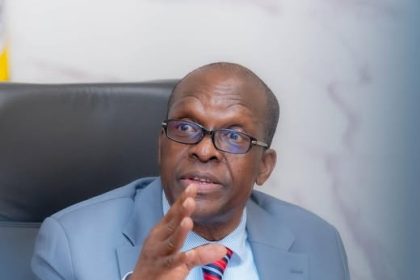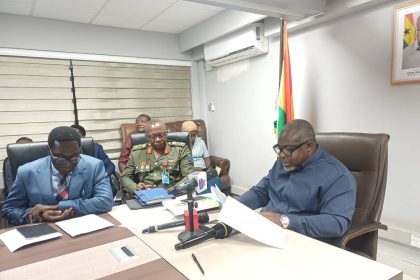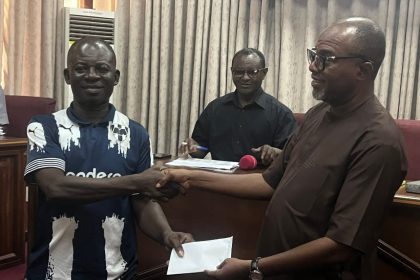Hajj Abdel-Manan Abdel-Rahman, the Executive Director of the Center for Creative Leadership Africa, has called on Muslims to adopt the unified leadership framework on the Islamic principle of Shura (consultation).
He said this would help strengthen Muslim unity and development in Ghana.
Hajj Abdel-Rahman made the call in a statement copied to the Ghana News Agency in Accra when he made a presentation at the Ashanti Municipal and District Imams Conference in Kumasi.
The presentation was on the theme: “Imamship and Muslim Leadership Framework in Ghana,” which centred on the introduction of the Umma Constitution, a proposed governance document derived from the Shura system that seeks to promote participatory and consultative leadership among Ghanaian Muslims.
Hajj Abdel-Manan explained that the Umma Constitution was designed from the historical foundations of the Shura system in Islam, a principle that encourages collective decision-making and accountability among leaders.
He emphasized that the system aligned closely with the leadership style of His Eminence, the National Chief Imam of Ghana, Sheikh Dr. Osman Nuhu Sharubutu, whose exemplary consultative and unifying approach had inspired Muslim leadership across the country.
He recalled that the 2020 National Muslim Representative Conference in Accra also endorsed the concept of Shura as a viable framework for organizing the affairs of the Muslim Ummah in Ghana.
Highlighting the benefits of the proposed system, the COMOG President noted that the adoption of the Shura-based Umma Constitution would foster peaceful coexistence within the Muslim community, promote intra-sectoral harmony among various Islamic groups and organizations, and drive economic development through structured collaboration and empowerment programmes.
Hajj Abdel-Manan explained that the framework would create opportunities for shared decision-making and cooperation among Muslim organizations at the district, regional, and national levels.
He said, “Each level would have a representative forum to deliberate on issues relevant to its jurisdiction, effectively serving as a “parliament for the Muslim Ummah.”
He further outlined how the system, once implemented, would provide mechanisms for economic empowerment, particularly by coordinating Muslim-led initiatives and institutions to support education, business development, and youth employment.
The presentation received broad support from the municipal and district Imams in attendance, who commended the initiative and agreed to organize a follow-up forum in 2026 to plan its implementation within the Ashanti Region.
Hajj Abdel-Manan concluded by emphasizing that the future of Muslim leadership in Ghana depended on cooperation, knowledge, and a shared sense of responsibility.
He urged Muslim leaders to embrace the Shura-based model as a unifying force that could transform leadership culture, strengthen institutions, and advance the collective welfare of the Ghanaian Ummah.
Sheikh Mohammed Ridwan the Deputy Executive Secretary of the Ashanti Regional Office of the Regional Chief Imam, in an opening remark, welcomed the concept and described it as a timely step toward strengthening the capacity of Imams and ensuring that the benefits of leadership training reach the grassroots.
Sheikh Abdul-Rahman Zakaria, the Ashanti Regional Chief Imam lauded the initiative and recalled that it was first introduced by his predecessor while expressing optimism that its continuation would serve as a platform for capacity building, collaboration, and refresher training for all Imams across the region.






